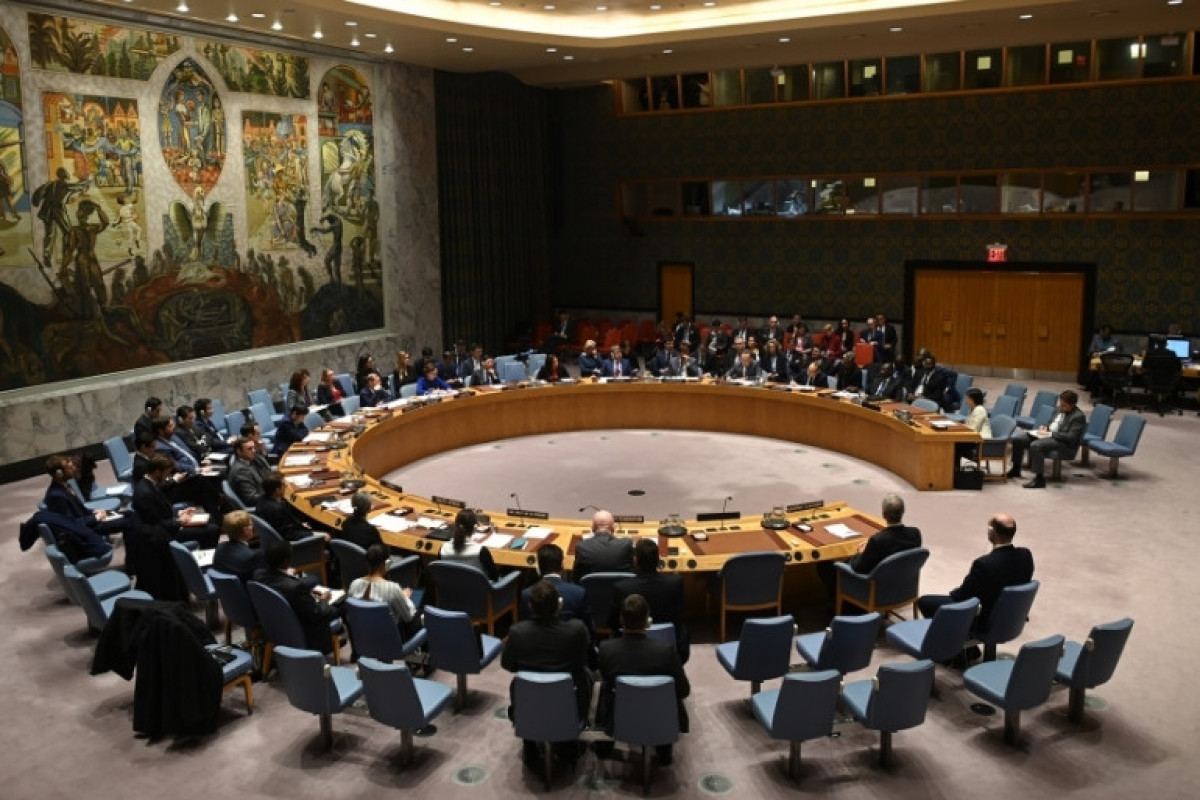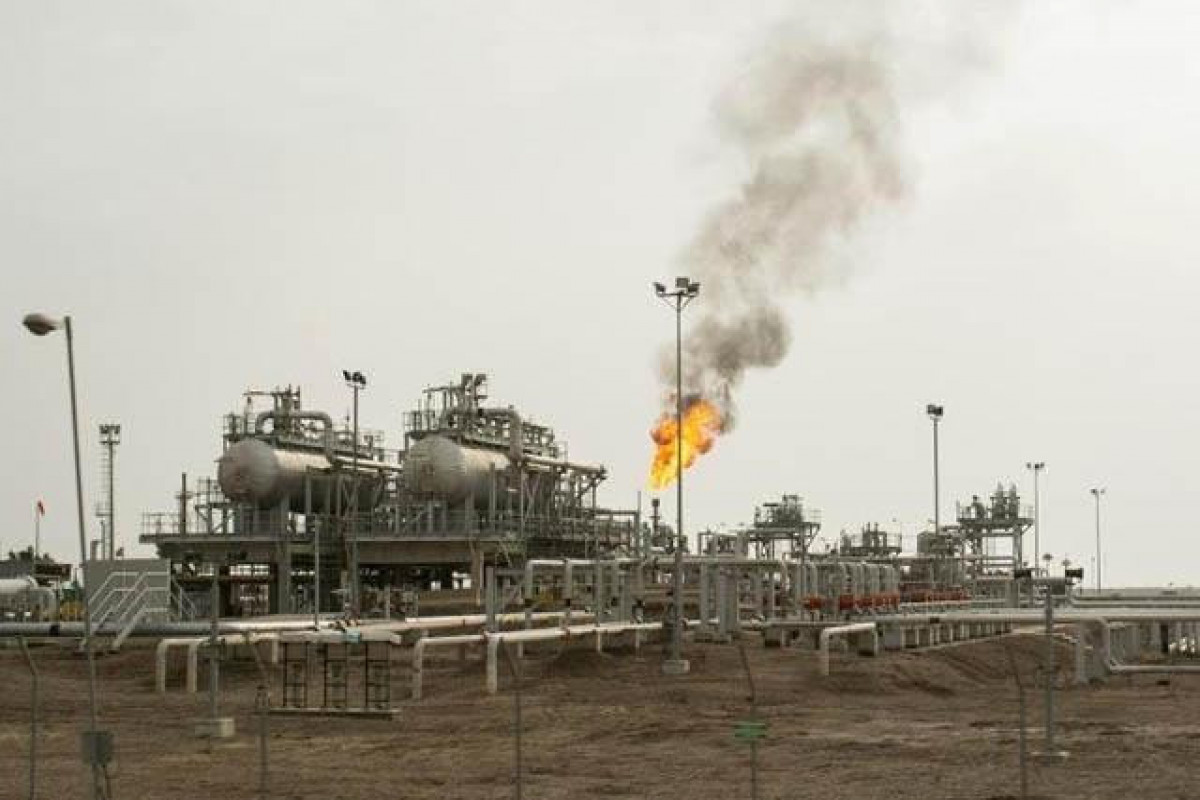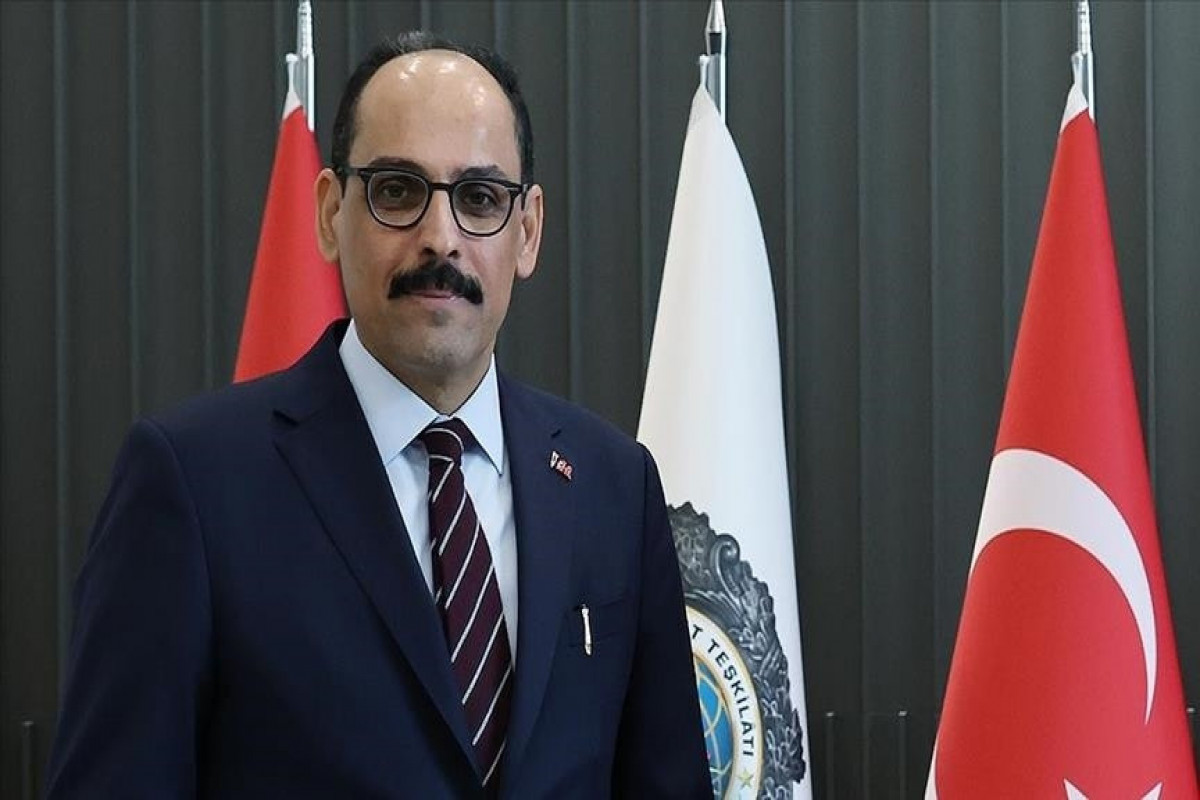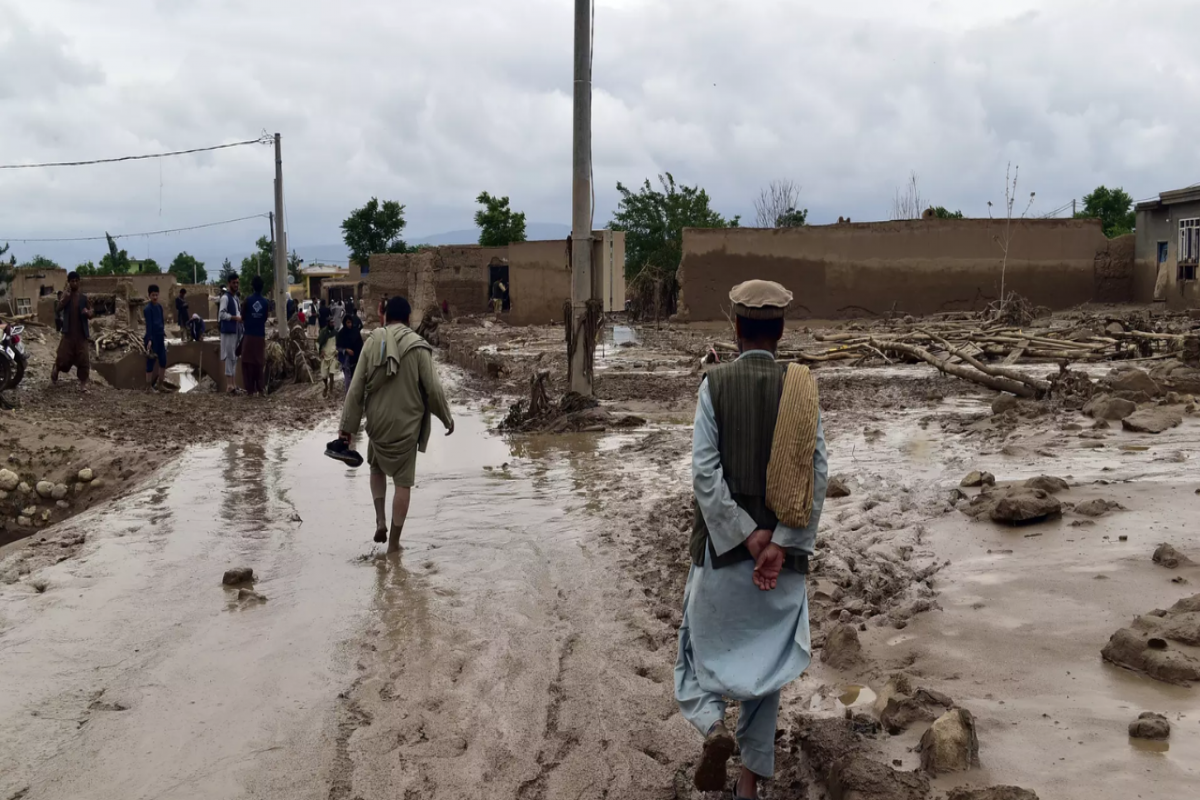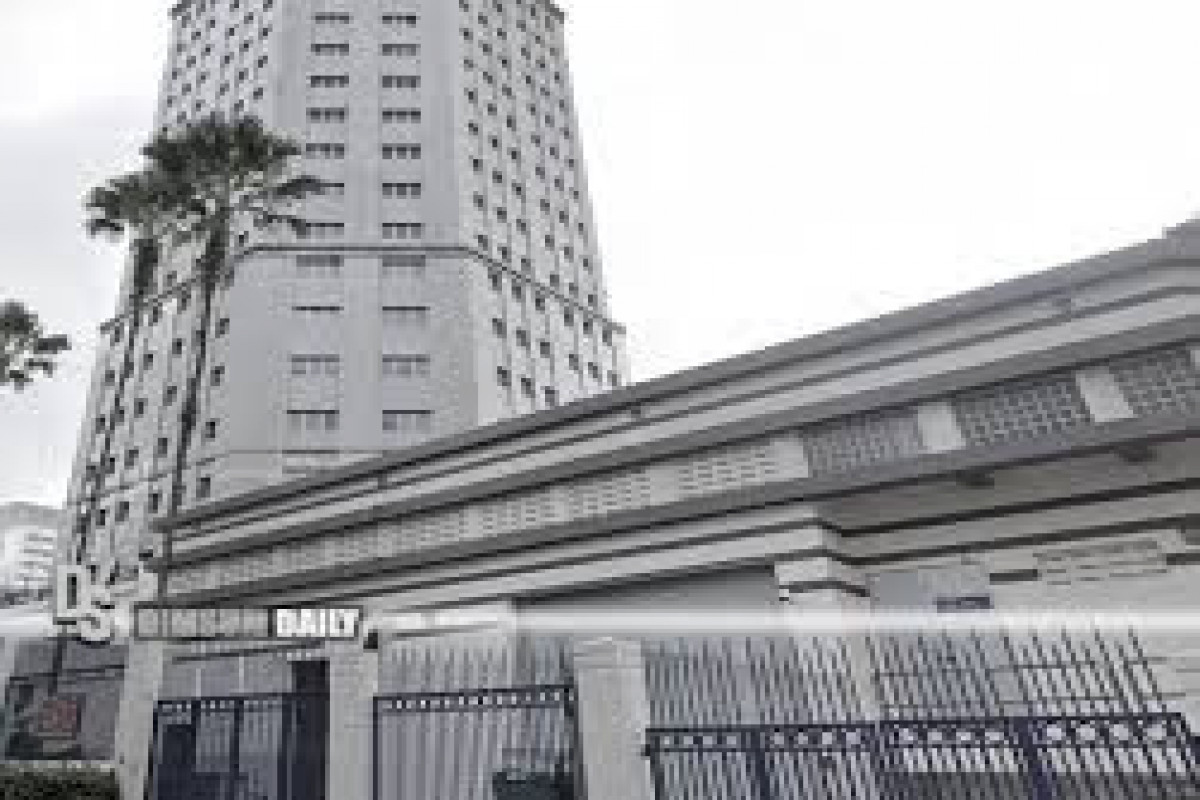The United Nations Security Council on Monday demanded a cease-fire in Gaza during the Muslim holy month of Ramadan, its first demand to halt fighting, APA reports citing CBS.
The United States abstained on the resolution, which also demanded the release of all hostages taken captive during Hamas' Oct. 7 surprise attack in southern Israel, which sparked the war. The measure does not link the demand for the hostages' release to the call for a cease-fire during Ramadan, which ends April 9.
Immediately after the vote, U.N. Secretary-General António Guterres said on social media that the "resolution must be implemented. Failure would be unforgivable."
Given the dates of Ramadan, the cease-fire demanded by the resolution would last for only about two weeks, though the draft says the pause in fighting should lead "to a permanent sustainable cease-fire."
*** 12:19
The UN Security Council will vote Monday on a new draft resolution on an "immediate" ceasefire in Gaza, after Russia and China vetoed an earlier text proposed by the United States, APA reports citing AFP.
Last Friday, the Security Council voted on a draft submitted by the United States that called for an "immediate" ceasefire linked to the release of hostages.
China and Russia vetoed the resolution, criticizing it for stopping short of explicitly demanding Israel halt its campaign.
The new text, according to the version seen by AFP on Sunday, "demands an immediate ceasefire" for the ongoing Muslim holy month of Ramadan, "leading to a permanent sustainable ceasefire."
It also "demands the immediate and unconditional release of all hostages as well as the "lifting of all barriers to the provision of humanitarian assistance at scale."
The text is being put forward by non-permanent members of the Security Council, which worked with the United States over the weekend to avoid a veto, according to diplomats speaking to AFP on condition of anonymity.
"We expect, barring a last-minute twist, that the resolution will be adopted and that the United States will not vote against it," one diplomat told AFP.


